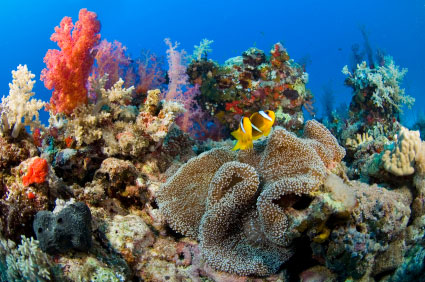The dates for you to hand in summaries of each Enquiry Question are laid out below. The idea is that you use all your research to sum up the over EQ in a
side or two of A4. The point of the summary is so that your teacher can check that you are on the right track in terms of content and understanding. It is not designed as a way of practicing writing in exams - we'll cover this later. Remember that each EQ is made up of smaller questions (parts A, B, C and D and these should be used to help you return to the original overal EQ and write your answer) One of the skills needed is the ability to use the research and pick out what is important - so a short summary is better than something that goes on for 4 pages. You must learn to
be selective with the research and information you have used. Don't worry too much about sourcing/referencing at the moment, though you can add these in if you wish. It would be useful to add a bibliogrphy for the summary.
Friday 12th November - hand in summary of EQ1
Tuesday 23rd November - hand in summary of EQ2
Friday 3rd December - hand in summary of EQ3
Thursday 9th December - the date of the pre-release materials (make sure you have got a copy)
Tuesday 14th December - hand in summary of EQ4
Tuesday 1st February 2011 - date of the exam!
Hand this work in by the date shown, preferably typed and sent to staff email addresses
ks.haba@ksn.org.uk (Mr Bains)
ks.refo@ksn.org.uk (Ms Ford)
ks.pesp@ksn.org.uk (Mrs Spooner)
ks.gipa@ksn.org.uk (Mrs Palmer)
We will be practicing and going over things like how to approach the methodology, introduction, essay/report plans and so on in the lead up to the pre-release material being made available. After the Christmas holidays we will start practicing actual Unit 4 exam questions.
Make sure you ask about anything you are unsure of - either in lessons or by email.
And finally, make sure you have looked at the shared area where there are LOADS of useful hints and tips sheets and presentstions. In particular, have a look at the powerpoints produced by Edexcel (our exam board!) as they give you lots of good ideas and information.
Good luck!
Click on the picture to be taken to Amazon.co.uk where you can buy the student guide for Unit 4 for £6.99
More useful sites to visit (in fact these are ESSENTIAL sites to look at):
http://www.wfp.org/hunger/map
http://www.fao.org/hunger/en/
Make sure you explore these sites fully. The bottom one has links to information about food insecurity, the location and prevelance of hunger, the people who are affected and so on.
 More than 190 countries have struck an agreement at the latest round of UN climate talks that puts efforts to secure a new international deal to tackle global warming back on track.
More than 190 countries have struck an agreement at the latest round of UN climate talks that puts efforts to secure a new international deal to tackle global warming back on track. 



























